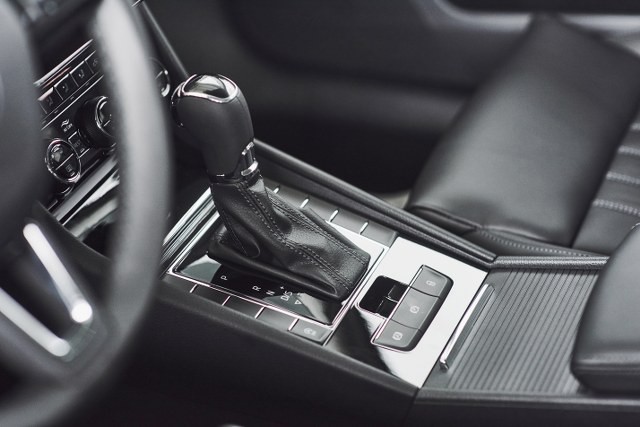
5 Possible Causes of Automatic Gearbox Grinding Noises
As
a car owner, you'll agree that nothing is more annoying and infuriating than
automatic gearbox grinding sounds when changing gears. When changing gears, the
gearbox may generate a variety of sounds. When changing gear or accelerating,
you may hear rattling, whining, grinding, or clunking noises.
Any
transmission sounds, in most cases, indicate a serious underlying transmission
issue. A mechanic should investigate the source of the noises and propose
remedies before the gearbox fails completely.
If
your gearbox makes a grinding noise or the gears start to slip, look for car repairs near me online
and book an appointment with a specialist mechanic as soon as possible. It
might be time for a normal gearbox service, or you may need to repair or
replace a transmission component.
What Are the Causes of Automatic Gearbox Grinding Noises?
When
you change your transmission into gear, there should be very little noise. The
transmission should be easy to change and operate smoothly. If the gearbox
grinds while in gear, you have a serious issue that requires immediate care. As
a result, if you're wondering why your automatic gearbox is grinding, you've
come to the right place. The following are some of the likely causes:
1. Clutch issues - Does it
surprise you that clutch issues might result in a grinding noise while changing
from park to drive in an automatic transmission? It is not necessary for you to
feel astonished. Like their manual counterparts, automatic gearboxes include
clutch mechanisms. If you're looking for car garages in Reading,
make sure to contact and inquire if they specialise in automatic gearbox
repairs. You must operate the clutch manually with manual gearboxes. The clutch
mechanism, however, operates automatically in automatic gearboxes. Your
automatic gearbox will fail if any problems with the clutch system arise. When
you shift into gear, it may also grind.
2. Faulty torque converter -
As the driver accelerates or decelerates the engine, automatic transmissions
change gears automatically with the aid of the torque converter and planetary
gear system. If you hear a grinding noise coming from the automatic
transmission while you accelerate, it appears to be coming from the gearbox. Do
not ignore any car repairs
since they might grow into a significant problem that will cost you additional
money to fix. It's possible that it's coming from the torque converter itself.
When backing up the car, the grinding noise may be heard. Another thing to keep
an eye out for is this.
3. Problems with the gear
system - There's a good chance that something is broken between the gears and
the many components that allow the gears to change. You have a gear system
problem if your vehicle produces a grinding noise when you put it in gear and
won't move. The grinding sounds may happen here on occasion. It's possible that
it only occurs while changing between two specific gears. When searching
online for garages in
Reading, look for one that specialises in automatic gearbox repair or
replacement.
4. Inadequate transmission
fluid - Low transmission fluid can cause automatic transmission bearing noise.
Reciprocating transmission components will not be effectively lubricated if
there is insufficient fluid. Depending on the fluid level, it will cause the
transmission to grind. The grinding sounds will become louder as the fluid
level declines in the event of a transmission fluid leak.
5. Internal transmission
components that are faulty - A transmission unit is made up of various parts. A
grinding noise may be heard if any of them are damaged. To find the source of
the noise, a skilled mechanic must disassemble the gearbox. Faulty internal
transmission components can be the cause of grinding noises in first and second
gear, or in all gear levels. In worst case scenario, you will have to replace
the whole gearbox.
'Will
grinding gears destroy a transmission?' you might wonder. Grinding gears causes
metal shaving in the gearbox, which wears down the gears over time. Other
internal transmission system components may suffer catastrophic damage as
a result.